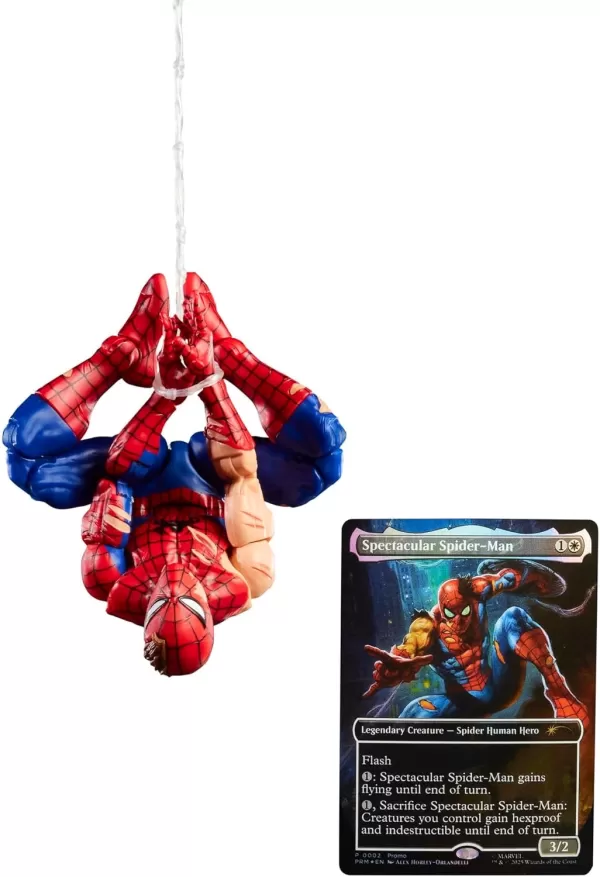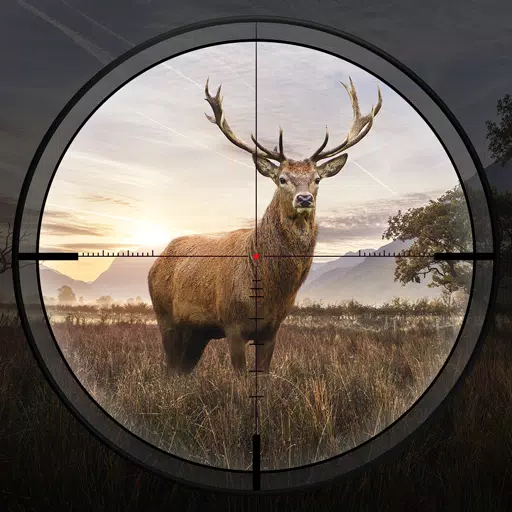Thanks to a renewed focus on the foundational concepts of the series, Assassin's Creed Shadows delivers the most satisfying experience the franchise has offered in years. With the most refined parkour system since Unity, players can effortlessly transition from the ground to castle rooftops. The addition of a grappling hook makes reaching advantageous positions even quicker. Perched high on a tightrope, you're only a drop away from executing the perfect assassination, provided you're controlling Naoe. However, switch to Yasuke, the game's second protagonist, and the gameplay shifts dramatically.
Yasuke is slow, clumsy, and lacks the finesse for silent kills. His climbing abilities are comically limited, reminiscent of a cautious grandparent navigating a ladder. This design choice by Ubisoft is both baffling and intriguing, as playing as Yasuke feels distinctly un-Assassin's Creed-like. Initially, the stark contrast between Yasuke's capabilities and the core tenets of the series was frustrating. Why include an Assassin's Creed protagonist who struggles to climb and can't perform stealthy takedowns? Yet, the more I played as him, the more I appreciated the unique perspective he brings to the franchise.

In Shadows, you initially spend several hours mastering the game as Naoe, a swift shinobi who embodies the assassin archetype more effectively than any protagonist in the past decade. Transitioning to Yasuke is jarring; this towering samurai is too large and noisy for stealthy maneuvers through enemy camps and struggles to climb anything beyond his immediate reach. His climbing is slow and cumbersome, requiring structures like scaffolding and ladders to make progress, which introduces a sense of friction that discourages vertical exploration.
Yasuke's limitations encourage staying grounded, which in turn restricts his visibility and ability to strategize from above. Unlike Naoe, who can use Eagle Vision to highlight enemies, Yasuke has no such advantage, leaving him reliant solely on his brute strength. This design forces players to rethink traditional Assassin's Creed gameplay, where stealth and vertical exploration are paramount.
Playing as Yasuke feels more akin to Ghost of Tsushima than Assassin's Creed, emphasizing direct combat over stealth. His lack of stealth training and reliance on samurai sword skills highlight this shift. Shadows introduces the best swordplay the series has seen in over a decade, with each strike purposeful and a variety of techniques at your disposal, from brutal rush attacks to satisfying ripostes. Finishing moves are dramatic and impactful, contrasting sharply with Naoe's stealthy approach.

The separation of combat and stealth into two distinct characters helps maintain a balance that recent entries like Origins, Odyssey, and Valhalla struggled with, where action often overshadowed stealth. Naoe's fragility ensures that combat remains a strategic element rather than a default solution, while Yasuke's strength allows players to engage in fierce battles without fear of immediate defeat.
Despite the intention behind Yasuke's design, his role in Assassin's Creed remains contentious. The series is built on stealthy kills and vertical exploration, elements that Yasuke directly opposes. While it's thematically fitting for a samurai like Yasuke to be poor at stealth and climbing, his limitations mean that playing as him doesn't feel like traditional Assassin's Creed.
The real challenge for Yasuke is Naoe's presence. Naoe is arguably the best Assassin's Creed protagonist in years, her stealth toolkit perfectly complemented by the vertical architecture of Sengoku Period Japan. She embodies the promise of Assassin's Creed: becoming a highly mobile silent killer. Even with the design changes that affect both characters, Naoe's ability to climb and engage in combat remains superior, raising the question of why one would choose Yasuke over her.
Ubisoft's decision to offer two distinct playstyles with Yasuke and Naoe is commendable, yet it creates a double-edged sword. Yasuke's gameplay, while contrasting and compelling, opposes the core ideas that have defined Assassin's Creed. While I'll occasionally return to Yasuke to revel in the thrill of his combat, it's through Naoe's eyes that I'll truly explore the world of Shadows. Playing as Naoe feels like playing Assassin's Creed.










